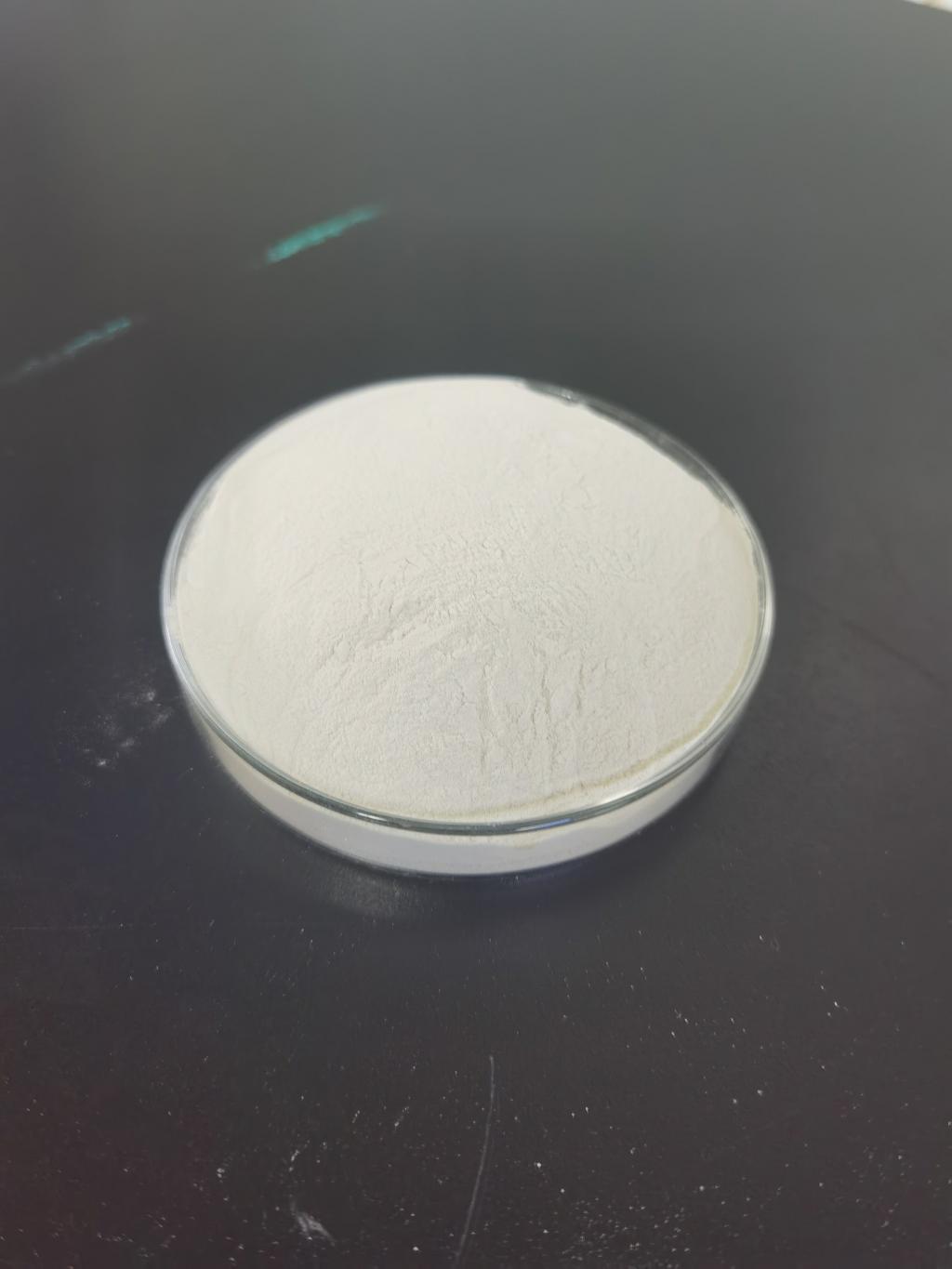Tel:+8618231198596

News
 CONTACT
CONTACT
 CONTACT
CONTACT
- Linkman:Linda Yao
- Tel: +8618231198596
- Email:linda.yao@dcpharma.cn
- Linkman:CHARLES.WANG
- Department:Overseas
- Tel: 0086 0311-85537378 0086 0311-85539701
News
Nisin's applications in the pharmaceutical industry.
TIME:2023-08-03
Introduction:
Nisin, originally recognized for its role as a bio-preservative in the food industry, is now capturing the attention of the pharmaceutical sector due to its versatile properties. As antibiotic resistance and the need for innovative medical solutions intensify, researchers are exploring the diverse applications of nisin in pharmaceutical contexts. This article delves into the multifaceted roles of nisin within the pharmaceutical industry, showcasing its potential to revolutionize drug development, antimicrobial therapies, and wound management.
Antimicrobial Properties:
Nisin's primary mode of action involves disrupting bacterial cell membranes, making it a potent antimicrobial agent. This property has led to investigations into nisin's potential as an alternative or adjunct to conventional antibiotics. In a time of growing antibiotic resistance, nisin offers a ray of hope as a natural antimicrobial that can target both Gram-positive and Gram-negative bacteria. Its ability to combat bacterial infections has shown promise in treating conditions such as urinary tract infections, respiratory infections, and skin-related ailments.
Anticancer Potential:
Beyond its antimicrobial effects, nisin has demonstrated intriguing anticancer properties. Research has revealed its ability to induce apoptosis (programmed cell death) in various cancer cell lines, including breast, colon, and liver cancer. Nisin's mechanism of action involves modulating intracellular signaling pathways, inhibiting tumor growth, and enhancing the body's immune response against cancer cells. While more studies are needed to fully elucidate its potential in cancer therapy, nisin's unique properties have piqued the interest of oncology researchers.
Wound Healing and Tissue Regeneration:
Nisin's role extends to wound healing and tissue regeneration. Its antimicrobial properties make it effective in preventing infection in wounds, while its ability to modulate immune responses contributes to a favorable wound healing environment. Nisin has been explored for its potential in treating chronic wounds, diabetic ulcers, and burns. Additionally, its role in promoting collagen synthesis and angiogenesis suggests a potential contribution to tissue repair and regeneration.
Drug Delivery Systems:
Nisin's unique structure and properties have led to its exploration as a carrier or delivery system for pharmaceutical compounds. Modified forms of nisin can encapsulate drugs, peptides, or other bioactive molecules, protecting them from degradation and enabling targeted delivery to specific cells or tissues. This approach holds promise for enhancing the bioavailability and therapeutic efficacy of various drugs, potentially reducing side effects and improving patient outcomes.
Challenges and Future Directions:
While the potential of nisin in the pharmaceutical industry is exciting, several challenges must be addressed. Standardization of production methods, optimization of dosages, and thorough safety assessments are crucial steps in translating nisin-based interventions from the lab to clinical applications. Regulatory approvals and considerations related to formulation, stability, and scalability will play pivotal roles in determining nisin's success in the pharmaceutical arena.
Conclusion:
Nisin's journey from a food preservative to a versatile pharmaceutical agent underscores its remarkable potential to reshape medical interventions. The expanding applications of nisin in antimicrobial therapies, anticancer strategies, wound healing, and drug delivery systems offer a glimpse into a future where natural, sustainable alternatives play a vital role in addressing complex healthcare challenges. As research advances and collaborations between the food and pharmaceutical industries continue to evolve, nisin's unique attributes are poised to contribute to safer, more effective, and innovative pharmaceutical solutions that benefit individuals and communities worldwide.
- Tel:+8618231198596
- Whatsapp:18231198596
- Chat With Skype







